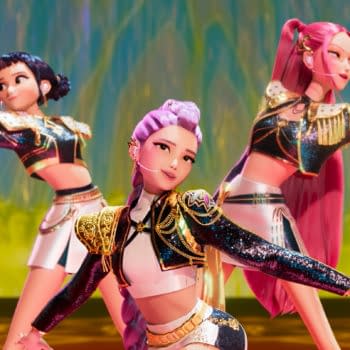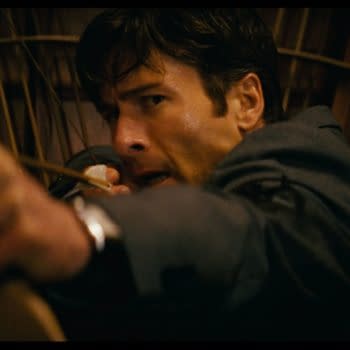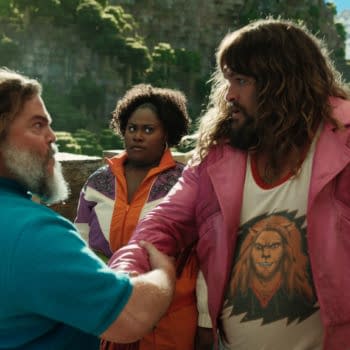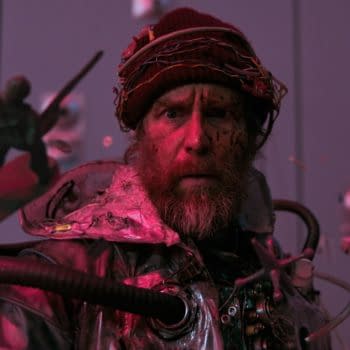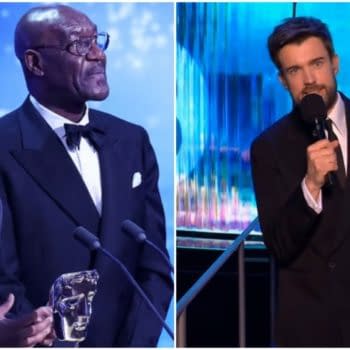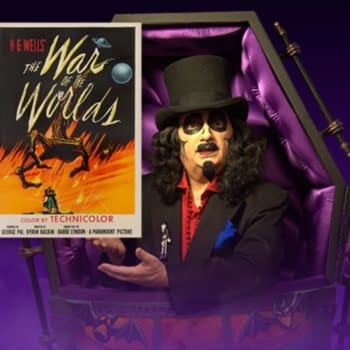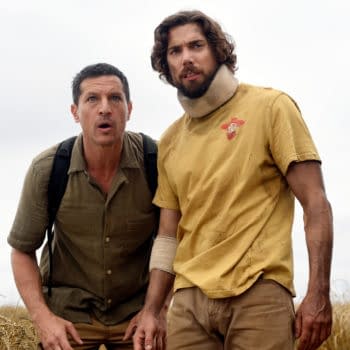Posted in: Movies, Universal | Tagged: alex garland, ex machina, film, Universal Pictures
Ex Machina Director Shares His Take on the Film's Ending
Ex Machina director Alex Garland shares his stance on the film's ending and how one scene was meant to answer the movie's biggest mystery.
Article Summary
- Alex Garland discusses the consciousness of Ava in Ex Machina.
- The director shares a subtle hint in the movie signaling AI sentience.
- A scene showing Ava smiling alone may point to her humanity.
- Ex Machina's ending leaves fans pondering the AI's true nature.
In the current cinema landscape, the concept of artificial intelligence (and its dangerous potential) continues to captivate audiences and creators alike. Something specifically explored in the 2014 sci-fi thriller Ex Machina, which delves deep into the complexities of AI sentience, having sparked conversations about the ethical implications and existential questions surrounding this exact topic. And in the film's final moments, there were a few mysterious plot details left for viewers to decipher regarding the potential consciousness of the AI being at the center of the movie.
Now, all these years later, the film's director is sharing his thoughts about the conclusion of Ex Machina and how one specific scene (and facial expression) might just be the answer to a question that left fans pondering the status of Ava. So, does Ava have a spark of humanity by the time the film comes to an end? Maybe.

Ex Machina Director Discusses Ava's Development and Consciousness
When speaking to EW, director Alex Garland shares his thoughts on the consciousness debate for the AI-creation known as Ava, admitting, "I put my own opinion into things, but I don't put them front and center because I don't want to shut down a conversation. There's a really simple example of it in Ex Machina. That whole movie is about, 'Is this machine sentient or not? Does it have consciousness?' Towards the very end of the film, there's a shot of the robot smiling, and she's on her own. So then, it must be conscious. There's my answer, but it doesn't have a big flag attached to it."
Given the film's subtle yet perfectly handled conclusion of Ex Machina, it does feel like Garland's answer makes the most sense for the story being told — and all these years later, we're still impressed by how Ava managed to dupe everyone in her quest for freedom. What are your thoughts on Garland's answer about the ending of his film?




